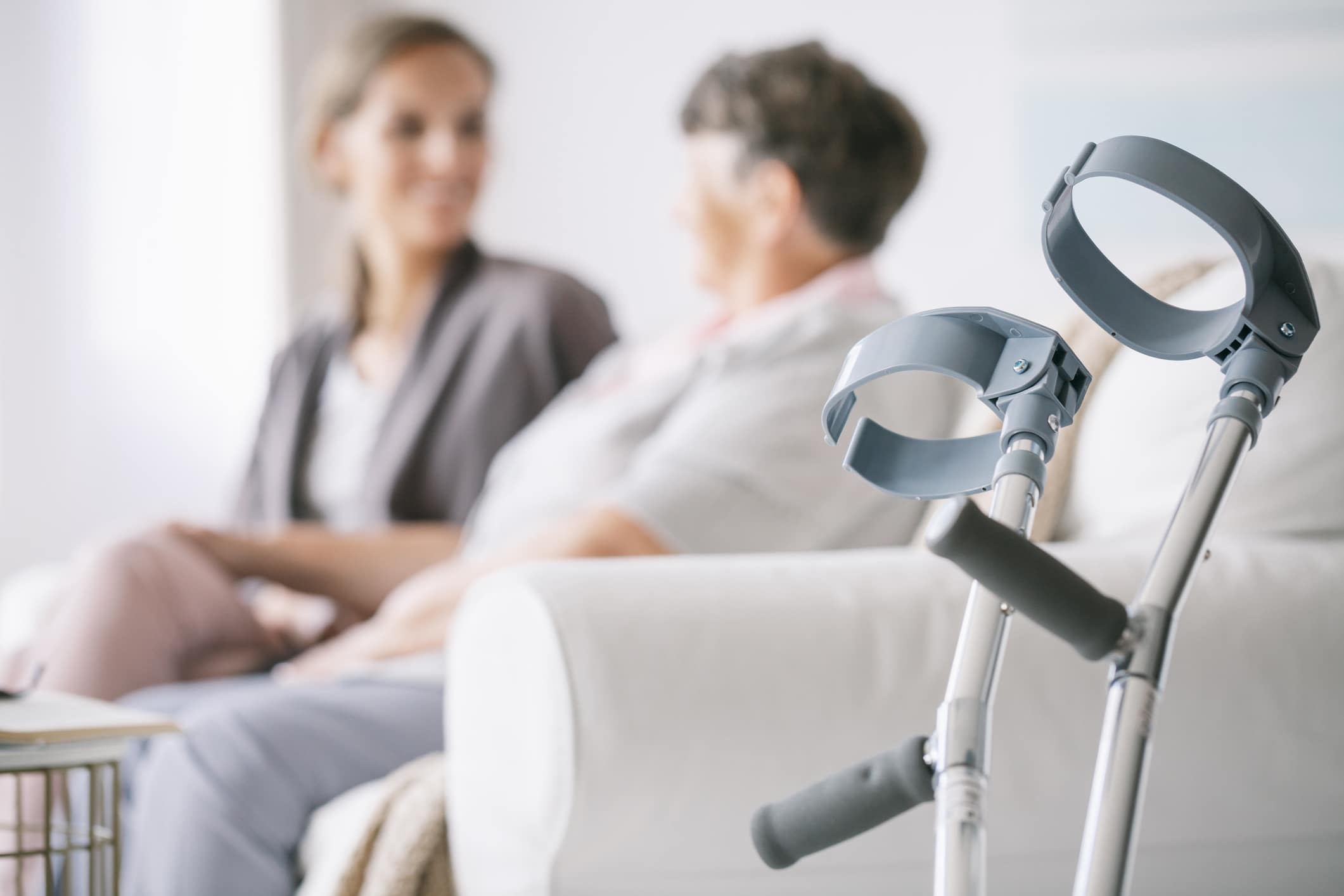Many people choose to have elective surgeries or procedures done at the beginning of the year to reach their health insurance deductible early. And if you have surgery scheduled soon, you might have a long road of recovery ahead of you.
As you age, recovering after surgery becomes more challenging. However, it doesn’t have to be a terrible experience. You can make the process a little easier with the proper planning.
Here are six helpful tips so you can prepare for a smooth recovery after surgery, especially if you are a senior.

Make helpful home modifications
Making some adjustments around your home before your surgery can help make a safer environment for recovery. Some senior-friendly home modifications include installing non-slip mats in bathtubs or showers and grab bars in the bathroom to prevent falls during recovery. Installing ramps or a stairlift will make it easier for you to move between floors in your home, especially if you have limited mobility after your surgery.
Use home assistive devices
Several home assistive devices can help seniors with their recovery after surgery. Like home modifications, these devices are designed to make your life easier and safer. Walkers, canes, crutches, and wheelchairs, for example, can provide support for seniors struggling with balance or mobility after surgery.
Start physical therapy early
Sometimes, patients have the option to start physical therapy before surgery. This is because people who are in good physical shape tend to have an easier time recovering after surgery. Whether or not this option is available to you can depend on the type of surgery you’re having. As you get older, it might be worth asking your doctor about getting a head start on physical therapy to make your recovery easier.
Take care of your physical well-being
Prioritizing your physical well-being before and after surgery can improve your recovery and make it easier. Recovery after surgery can be physically challenging, and it takes work to get through it. Following your doctor’s orders, attending physical therapy, eating a healthy diet, and managing your medications are all vital ways to take care of your physical health.
Home delivery pharmacies such as PersonalRX can help you stay on top of your medications during recovery. They deliver your medications in labeled time-of-day dose packs straight to your door, so you don’t have to worry about traveling to a local pharmacy. You’ll also have a dedicated Personal Care Coordinator who will make sure to include any new medications prescribed to you after surgery in your delivery.
Don’t neglect your mental health
It can be easy to forget about your mental health when you’re focusing so much on your physical health during recovery. However, both your mental and physical health should be cared for after surgery. Recovery is often isolating. This is especially true for people who have doctor’s orders to rest or not leave their house. Asking friends and family to stop by and keep you company can help prevent loneliness and social isolation and improve your mental health during this time.
Consider hiring help
Consider hiring help if you can. A professional caregiver can help with daily tasks that might be challenging for seniors after surgery. These might include getting dressed, bathing, cooking, or moving around your home. The specific tasks you need help with could depend on the type of surgery you had, along with other factors. If hiring professional help isn’t an option, plan for a family member or friend to help you with any tasks that might be more difficult for you to do on your own.
Whether you have surgery planned soon or you will need one in the future, doing some planning ahead of time can make a big difference. Keep these tips in mind when you prepare for your post-surgery recovery to help make your experience more enjoyable.


